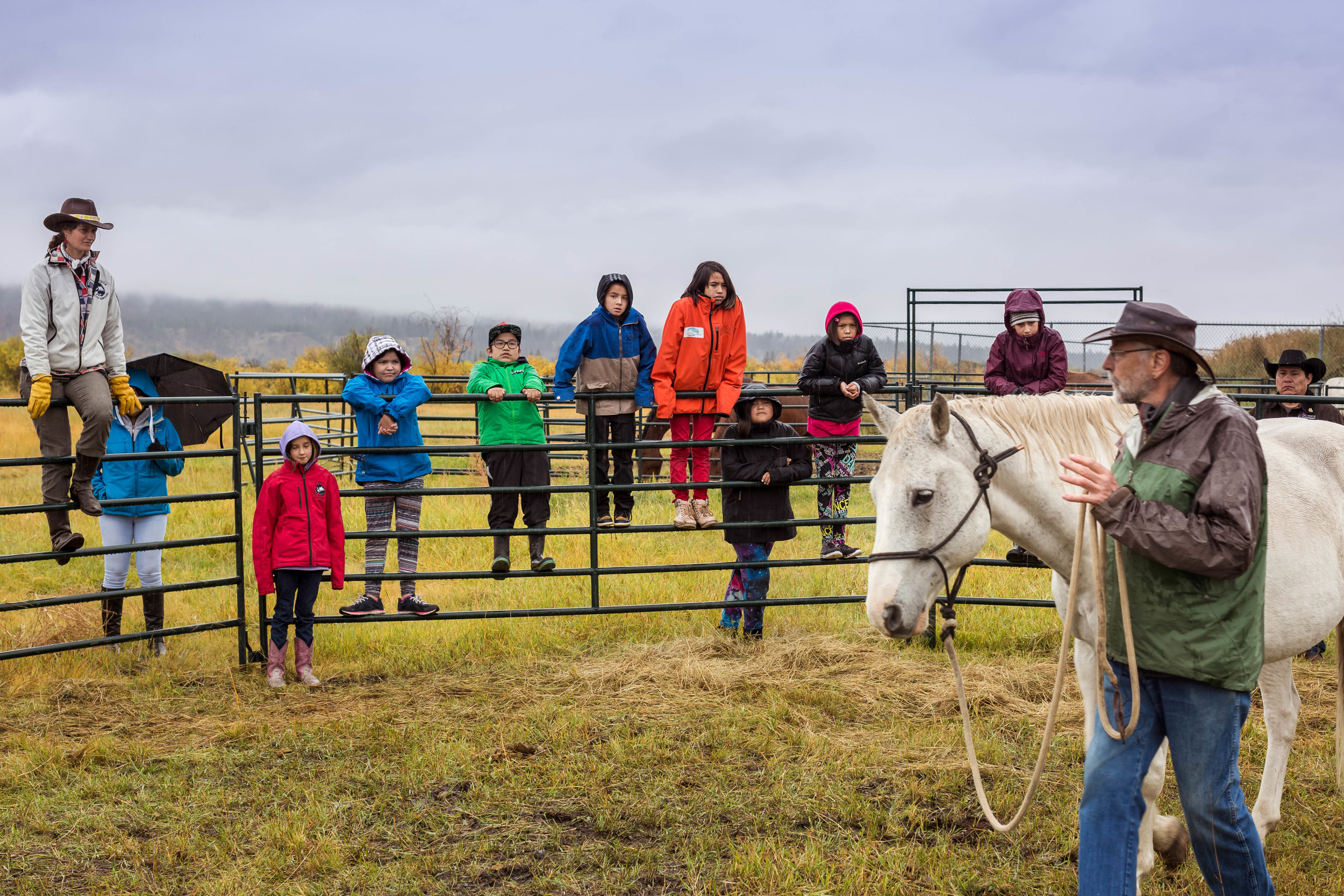
IMAGE LIBRARIES | BRANDED PARTNERSHIPS | DIGITAL HUMANITIES | DOCUMENTARIES
Projects In Development
We design projects that support complex dialogues and encourage an ability to hold multiple perspectives. Here are a few of the stories we’re working on.
MODERN OFF-GRID LIVING
This ongoing collection documents the interface between technology and natural ecosystems; the juxtapositions of traditional and leading edge education systems, farming practices and globalization in a rural context. It's a study of a community at the forefront of the evolution of human systems.
How will connectivity shape the future of remote communities?
The transformative power of new technology is buzzing across our planet - from the developing world to rural areas in North America.
Daryl and I bought remote ranchland in 2008, and between our work and travels abroad, we've built a simple log cabin and used leading edge technology to create a modern, sustainable, off-grid homestead.
We've been involved in a project to bring high-speed broadband internet to our remote region, run entirely by wind and solar technology. The initiative has been successful and we're witnessing the shift as our little community finds its voice and enters the global conversation.
Technology has connected us like never before, ushering in a new era of empowerment and independence.
HOME AND NATIVE LAND
The 2014 Supreme Court ruling on Tsilhqot’in Nation v. British Columbia has changed the course of First Nations relationships in Canada and perhaps the world.
This story follows the Tsilhqot'in Nation, the first Indigenous Nation in Canada to reclaim title to their native territory.
Home and Native Land documents the Tsilhqot'in way of life, their relationship to the earth, and the post-colonial impact on their remote Indigenous community.
The elders of the Tsilhqot'in Nation are acute observers of nature, a relationship woven deeply into the Tsilhqot'in language. As with most Indigenous cultures, as elders grow old, the number of native speakers is decreasing rapidly. The language holds context for history and identity.
This image collection also serves as a wider study of reconciliation in Canada and the post-colonial world as the Tsilhqot'in Nation starts their unprecedented journey towards sovereignty and greater health.
Will the new social and political landscape reshape aboriginal relations in Canada, and the post-colonial world?
LAND BASED EQUINE THERAPY IN FIRST NATIONS MENTAL HEALTH
The Tl’etinqox Government is developing a leading-edge therapy program, drawing from contemporary psychotherapeutic practices and Indigenous culture. This collection documents a shift back to the land, with a rejuvenated focus on youth wellness.
How does relationship with horses support a return to health and wellbeing?
These images and videos will help facilitators articulate the concepts and outcomes to the community and beyond, helping to shape the First Nations narrative locally and nationally.
The One Acre Project
The focus of The One Acre Project is a scalable and sustainable food system; addressing the growing challenges of feeding humanity against the backdrop of environmental strain on our planet.
This project brings existing technology out into the world, and documents change taking hold in diverse communities and industries. Its positioning - at the meeting point of globalization and localization - creates a compelling narrative and a wealth of content.
Harvard University //
Cultures of Protest: 1968 Revisited
In Production
An artist and dreamer, and the son of a blacklisted film director, Dennis Berry was a living witness to monumental cultural shifts in Western society. His journey takes us through the McCarthy era that drove his family to seek exile in France, to the Paris riots in May ’68, the Black Panther movement (through his first wife, Jean Seberg) and Vietnam. As an actor in New Wave films and director of experimental cinema, Dennis shares his inside view on that period as well as his story with Anna Karina, the iconic actress of the French New Wave and his wife of the past 30 years.
Dennis Berry’s unique perspective offers a fresh view to lay the foundation for meaningful discussion and reflection on the topic. His concluding talk at Harvard on April 13, 2018 framed the events of 1968 through discussion of the larger context of protest and political uprising.
SCREENSHOTS FROM THE FORTHCOMING DOCUMENTARY FILM
























